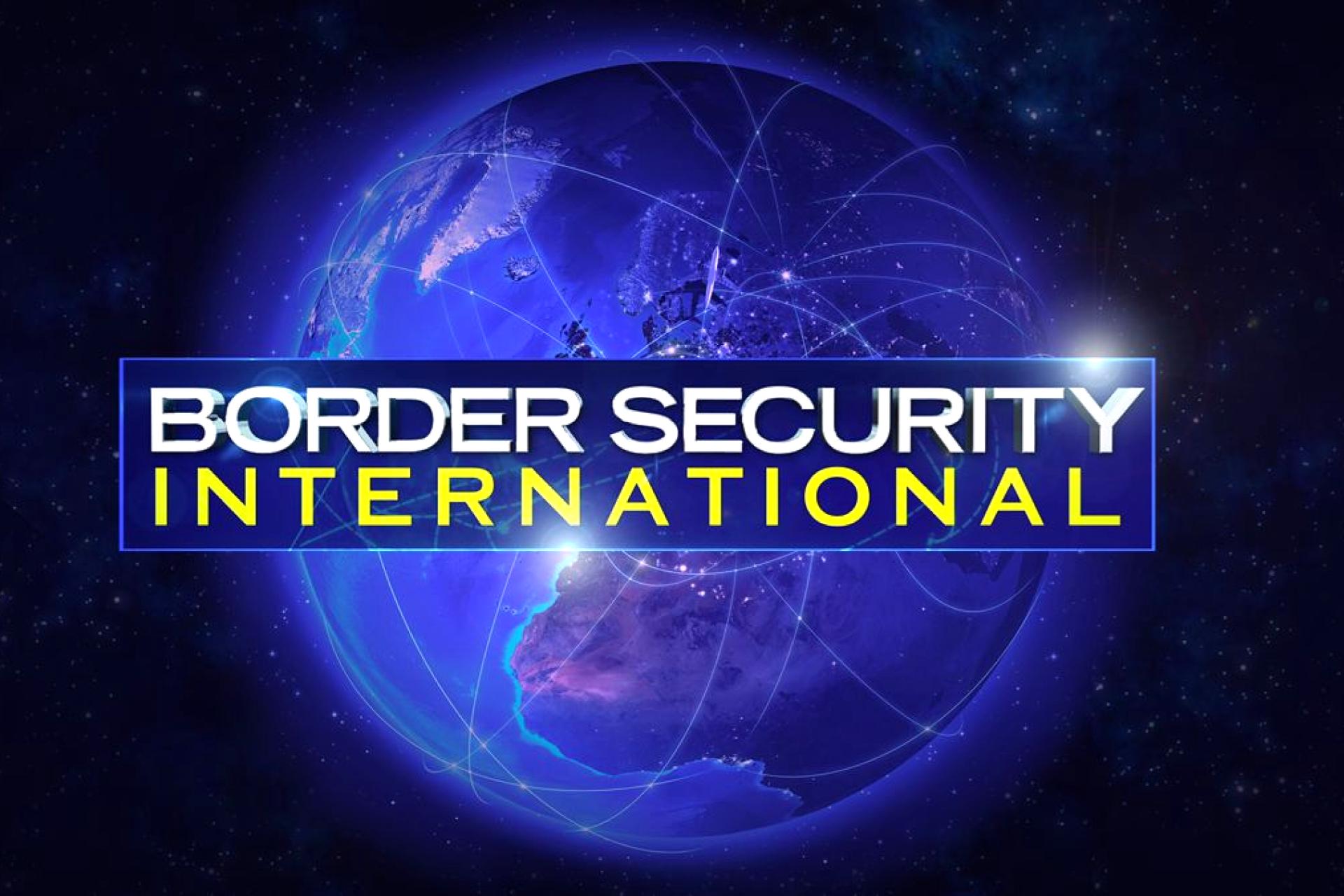HLS.Today – Border security and arms trafficking
Effective border security and timely information-sharing at the national, regional and international level are key in preventing the movement of terrorists and terrorist groups and to the effective implementation of counter-terrorism measures pursuant to Security Council resolution 1373 (2001) and other relevant Council resolutions. Border security is the first line of defence against the illegal cross-border movement of terrorists, including foreign terrorist fighters (FTFs), goods and cargo.
Maintaining secure air, land and maritime borders is a challenge faced by all Member States. In their efforts to protect their air borders, many States struggle to ensure basic aviation-security measures, including the screening of goods and the cross-checking of travellers against national and international counter-terrorism watch lists and databases. This requires financial and human resources, equipment, specific regulations, and specialist skills, as well as intra-State and inter-State cooperation. Security Council resolution 2309 (2016) was the first resolution to focus specifically on terrorist threats to civil aviation. It highlights a number of steps which should be prioritized by Member States in order to strengthen their implementation of security-related International Civil Aviation Organization (ICAO) Standards and Recommended Practices (SARPs), including forging better coordination among their related domestic departments and agencies. In 2017, the Council adopted its resolution 2396, in which it welcomed ICAO’s approval of the Global Aviation Security Plan (GASeP).
Land borders can be very lengthy and porous and thus difficult to monitor. Border security includes controls on the movement of people and goods across borders, as well as the prevention of unlawful interference in maritime navigation and international cargo movement. Maintaining secure maritime borders and policing sea and coastal areas requires a high level of technical capacity and resources in order to effectively patrol vast marine spaces and maintain a presence at physical borders and checkpoints. Special measures to enhance maritime security are also set forth in the International Ship and Port Facility Security (ISPS) Code, which is a mandatory instrument for the contracting parties to the 1974 Safety of Life at Sea (SOLAS) Convention. The aim of the ISPS Code is to ensure that the applicable ocean-going vessels and port facilities of International Maritime Organization (IMO) member States are implementing the highest possible standards of security, according to a system of survey, verification, and control.
Border security is a top priority for governments worldwide
As it enables them to protect their country, citizens, residents and third-country visitors. Whether at land, air or sea borders, legal border crossing should happen with ease, while illegal crossings need to be prevented. IDEMIA provides an interoperable, fully scalable suite of products and services that help governments design their border control solution. Our biometric technologies identify with certainty every person crossing the border and help officers quickly determine if a person should be allowed into the country or not. We currently serve more than 30 border control agencies worldwide.
Person-centric border security management
IDEMIA’s border security management systems are no longer based on a document-centric approach, but rather focus on a person-centric approach. Putting the traveler at the center, allows border guards to make decisions based on the complete traveler profile. Crucial to this is the use of biometric technology, which can accurately identify an individual in mere seconds, guaranteeing a high level of security without increasing processing time.
Secure, automated border crossing points
At border crossing points, travelers should feel secure, while experiencing a fast and convenient process. IDEMIA’s walk-through, touchless, at-a-distance and non-intrusive biometric systems permit fast, highly reliable and frictionless identity checks.
For identity checks to be 100% undisputable, the quality of the data captured, the reliability of the equipment and the quality of the algorithms has to be optimal. It is essential for the border security equipment to be adapted to the infrastructure, environment and population (including group and family processing) where it is deployed. In addition to self-service solutions like eGates or kiosks, border guard-attended counters remain necessary. With IDEMIA’s automated border security solutions, border guards can focus on preventing illegitimate border crossings. They can also help bona fide travelers who may need assistance to complete the necessary identity checks.
International Organization for Migration (IOM)
As the leading intergovernmental organization in the field of migration, the International Organization for Migration (IOM) is increasingly called upon by Member States to assist in addressing complex migration and border management challenges in order to maintain the delicate balance between the facilitation of cross-border movements, while upholding border security and protecting migrants’ rights.
IOM provides technical assistance and capacity building interventions to help States respond to and mitigate threats at their borders. IOM assists agencies working on border security to improve their institutional and human resource capacities, while enhancing cooperation at the intra-service, inter-agency and international levels to increase information-sharing and streamlining of operations.
Border Security
Protecting our borders from the illegal movement of weapons, drugs, contraband, and people, while promoting lawful entry and exit, is essential to homeland security, economic prosperity, and national sovereignty.
America shares 7,000 miles of land border with Canada and Mexico, as well as rivers, lakes and coastal waters around the country. These borders are important economic gateways that account for trillions of dollars in trade and travel each year. They are also home to some of our nation’s largest — and safest — cities and communities.
A top priority for DHS is to keep terrorists and their weapons from entering the U.S. while welcoming all legitimate travelers and commerce. DHS Officers and Agents enforce all applicable U.S. laws, including against illegal immigration, narcotics smuggling, and illegal importation. DHS deploys highly trained law enforcement personnel who apprehend more than 1,000 individuals each day for suspected violations of U.S. laws at and between our ports of entry.
Border Control
Border control refers to measures taken by governments to monitor and regulate the movement of people, animals, and goods across land, air, and maritime borders. While border control is typically associated with international borders, it also encompasses controls imposed on internal borders within a single state.
Border control measures serve a variety of purposes, ranging from enforcing customs, sanitary and phytosanitary, or biosecurity regulations to restricting migration. While some borders (including most states’ internal borders and international borders within the Schengen Area) are open and completely unguarded, others (including the vast majority of borders between countries as well as some internal borders) are subject to some degree of control and may be crossed legally only at designated checkpoints. Border controls in the 21st century are tightly intertwined with intricate systems of travel documents, visas, and increasingly complex policies that vary between countries.








